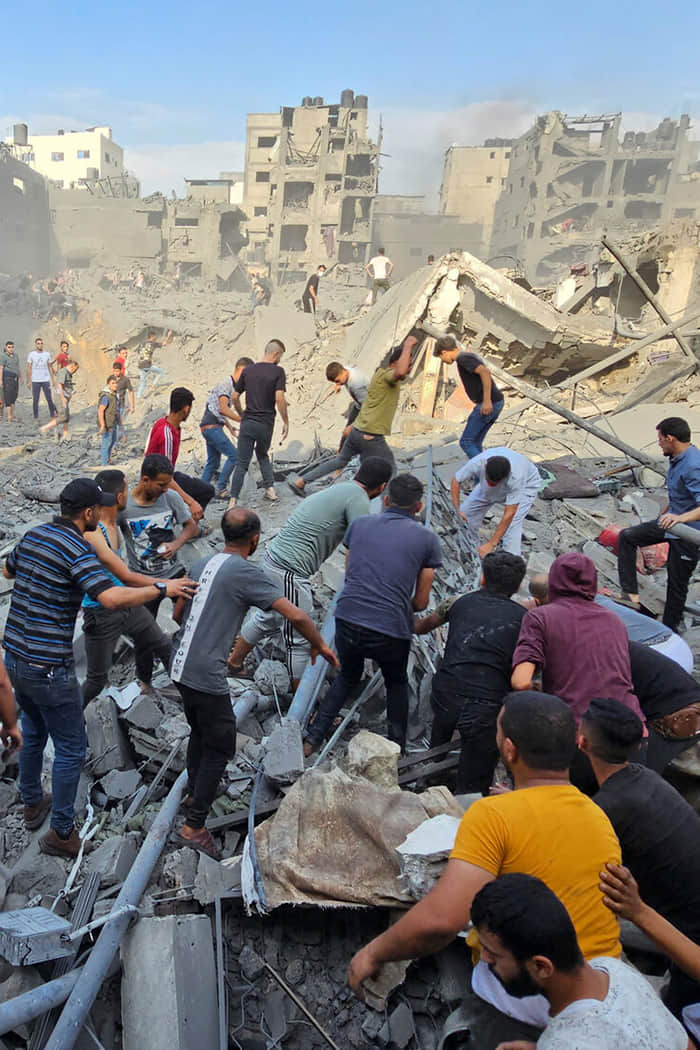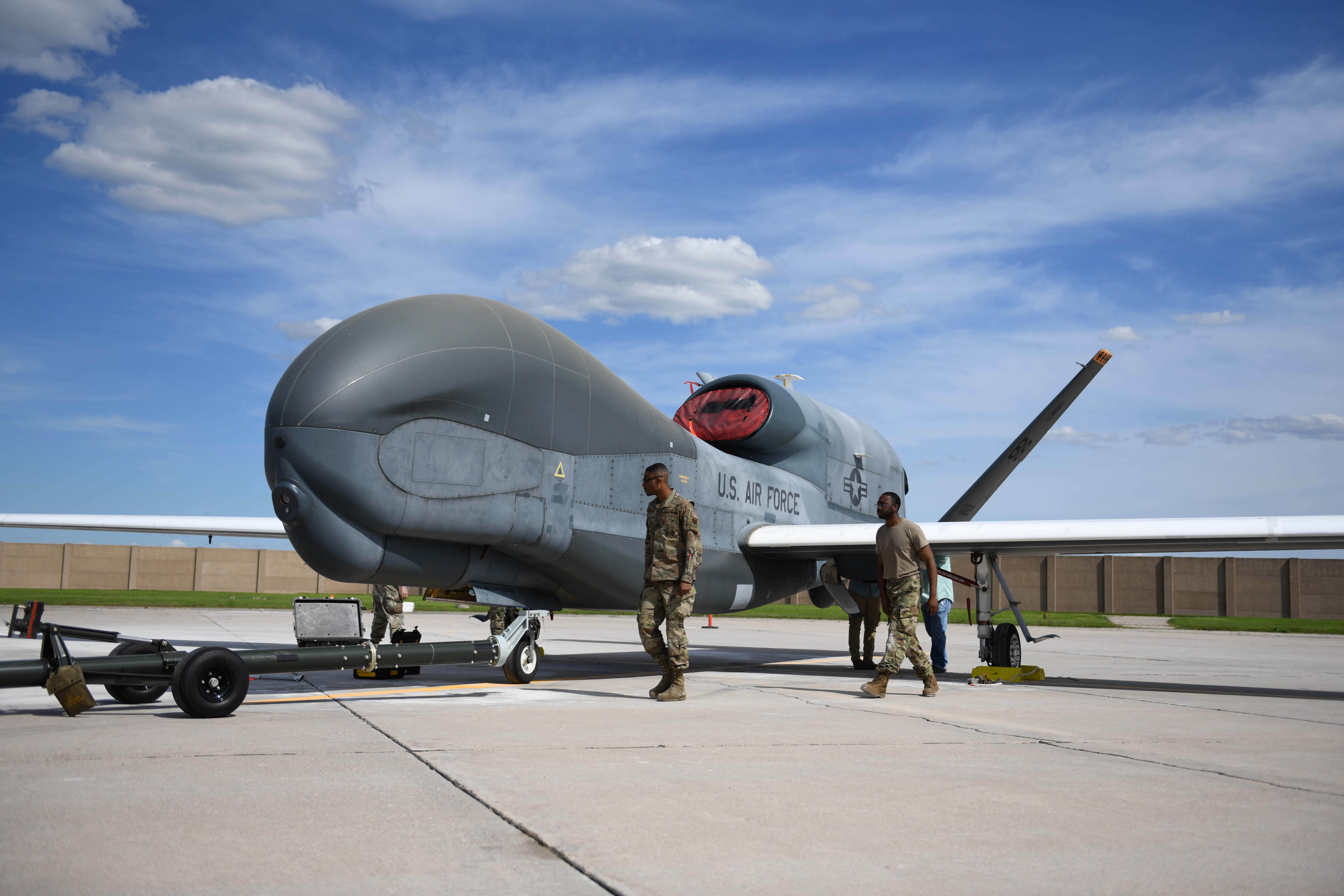Hamas said at least 195 Palestinians died in the Israeli raid on the Jabaliya refugee camp, which the UN said may have been a war crime.
Hamas’s media office said on November 1 that about 120 people were still missing under the rubble and at least 777 people were injured after Israeli air strikes on Jabaliya, the largest refugee camp in Gaza. Hamas also previously announced that seven hostages, including three foreign passport holders, died in this attack.
The Israel Defense Forces (IDF) confirmed that they conducted raids and “collapsed the tunnel” of Hamas’s Jabaliya Central Battalion on October 31 and November 1, killing many gunmen. including two commanders.

Israel claims that the battalion built command posts and infrastructure below, around and inside civilian buildings in Jabaliya, intentionally endangering Gaza civilians.
The IDF refused to reveal the type of weapon used in the Jabaliya camp raid, but experts say that based on bomb craters at the scene, it is likely that JDAM guided bombs were thrown here.
Chris Cobb-Smith, a former United Nations weapons inspector, said bomb craters at the Jabaliya camp showed that the area had been hit by either a JDAM GBU-31 bomb or a GBU-56 bunker-busting bomb, both of heavy weight. about 900 kg.

Jabaliya refugee camp was established in the northern Gaza Strip in 1948 to receive Palestinians who had to leave their homes after Israel established the country. This is one of the busiest places in Gaza, with more than 110,000 people living in an area of about 1.4 square kilometers, according to the UN.
People at this camp on November 1 continued to dig through the rubble after air strikes to search for trapped victims. “It was a massacre,” one witness said.

UN human rights officials described the attack on the refugee camp as a possible war crime.
“Given the high number of civilian casualties and the scale of destruction following Israel’s airstrikes on the Jabaliya refugee camp, we are seriously concerned that these disproportionate attacks may constitute war crimes.” war”, the UN High Commissioner for Human Rights posted on social network X on November 1.

In the context of many countries around the world calling for a ceasefire for humanitarian purposes, the living conditions of civilians in the Gaza Strip are becoming increasingly desperate under Israeli attacks and blockade. Food, fuel, drinking water and medicine for more than two million people here are all running out.
Dr. Fathi Abu al-Hassan, an American passport holder waiting to enter Egypt through the Rafah border gate on November 1, described the “hell-like” situation in Gaza, when people had no water or food. or shelter.

“When we opened our eyes, we saw dead people. When we closed our eyes, our minds were filled with only images of dead people,” he said.
Health authorities in Gaza said at least 8,796 Palestinians, including 3,648 children, have been killed in Israeli attacks since October 7.





